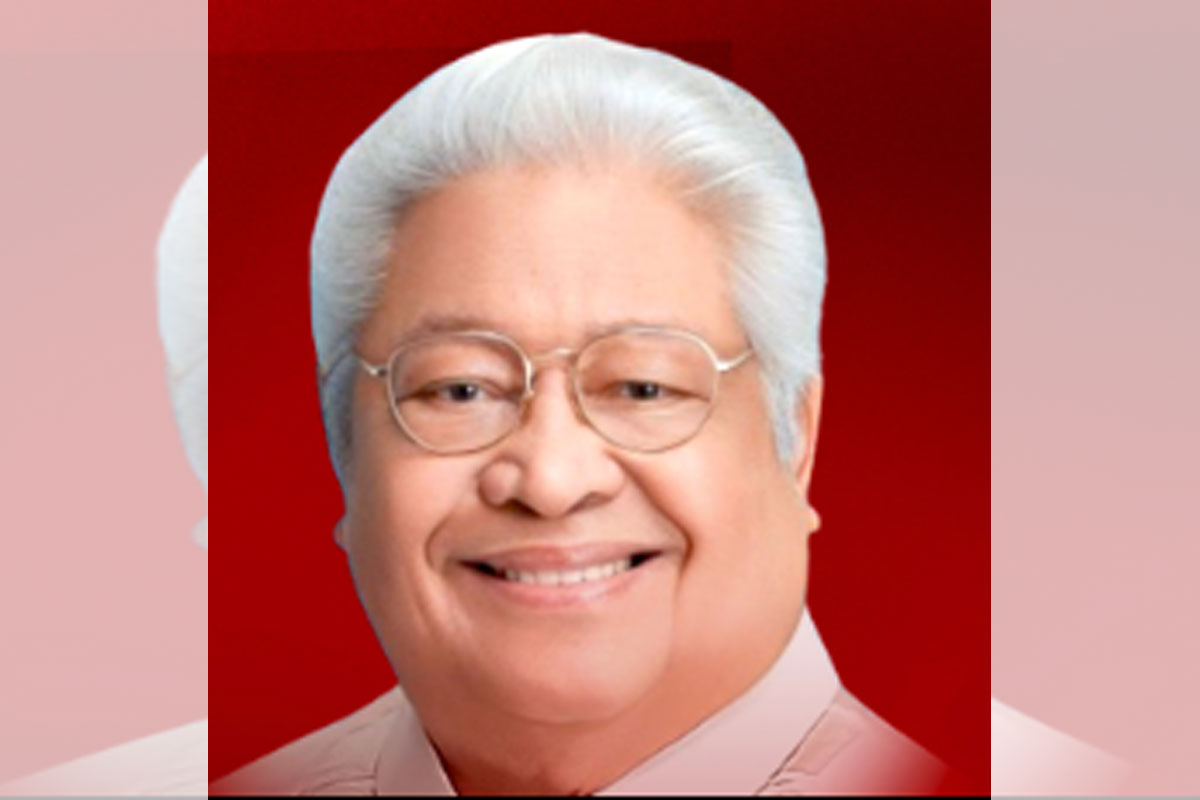
‘DEFIANT’ TEVES SUSPENDED
FOR “disorderly behavior” and refusal to return home, Negros Oriental Rep. Arnolfo “Arnie” Teves Jr. was suspended for 60 days.
The decision was recommended by the House Committee on Ethics and Privileges through Committee Report 472 and approved in the plenary by lmajority members of the House of Representatives.
There were no congressmen who voted against the findings or abstained from the nominal voting.
Speaker Ferdinand Martin Romualdez repeatedly asked Teves to return to the country and face the charges hurled against him.
The same request was echoed by the committee chaired by COOP-NATCCO Rep. Filemon Esperas, for him to show up as the panel discussed the complaint against him.
Teves is allegedly the main suspect in the killing of Negros Oriental Gov. Roel Degamo and eight others.
In a video message posted on his Facebook account, Teves refused to go back because of fear for his life and his family.
The committee members unanimously voted that Teves was liable for violating Section 142(a) of the House rules on the Code of Conduct for incumbent congressmen.
The 13-page committee report pointed out that Teves’ continued stay outside the Philippines even with an expired travel clearance and his continued defiance of the orders “constitute disorderly behavior” that affects the dignity and reputation of the House, which warrant disciplinary action.
The House rules provide that a congressman liable for disorderly behavior may be punished with a 60-day suspension from the service, or a maximum penalty of expulsion from the House.
The committee also denied Teves’ request to extend the validity of his travel clearance due to “his own doing, as he failed to specify the foreign places and the specific period of travel.”
“Under my leadership, the House of Representatives will never ever countenance any conduct unbecoming of a House member,” assured Speaker Ferdinand Martin G. Romualdez and at same time a warning to the members of the Lower Chamber who may commit misconduct and wrongdoing.
In his closing remarks before Congress went on its Lenten break, Romualdez said the call for disciplinary action against Teves Jr. was a “pressing matter that warranted the chamber’s urgent and sound response.”
He said the committee “observing due process and fully cognizant of Rep. Teves’ rights,” conducted an investigation and has submitted its report for plenary action.
Meanwhile, the Speaker is proud to cite the achievements and accomplishments of the 19th Congress with passage of at least 23 measures out of the 31 priority bills of President Ferdinand Marcos Jr. administration.
He said part of the achievements of the chamber was the “careful attention (given) to the public outcry against the exorbitant prices of onion.”
“The series of hearings has produced immediate positive results, with the price of onion returning to previous level and personalities involved in the hoarding and price manipulation being slowly unmasked.
“We looked further and moved toward protecting our countrymen from the untimely increase of the premium rates of the Philippine Health Insurance Corporation with the approval of House Bill (HB) No. 6772, which grants the President the power to suspend the increase of premium,” Romualdez said.
Philhealth was due to adjust rates by a half percentage point, from 4 percent in 2022 to 4.5 percent this year, or from a minimum of P400 to P450 a month.
“The welfare of women was also at the forefront of our agenda as we provide them the right to retain their maiden surnames through HB No. 4605,” the Speaker added.
He said the House likewise approved measures promoting entrepreneurship and enterprise-based education, addressing unemployment, and ensuring continued economic growth, like the proposed Maharlika Investment Fund and Ease of Paying Taxes Act.
However, he said Resolution of Both Houses No. 6, which calls for a constitutional convention to propose amendments to the “restrictive” economic provisions of the Constitution, and its implementing measure, HB No. 7352, were the proposed pieces of legislation that “definitely ignited our democratic energies and signaled moral consent for beneficial change.”












